Want to Start Composting - Have Questions
Lynn-in-TX-Z8b- Austin Area/Hill Country
10 years ago
Related Stories

REMODELING GUIDESPlanning a Kitchen Remodel? Start With These 5 Questions
Before you consider aesthetics, make sure your new kitchen will work for your cooking and entertaining style
Full Story
GARDENING GUIDESGet on a Composting Kick (Hello, Free Fertilizer!)
Quit shelling out for pricey substitutes that aren’t even as good. Here’s how to give your soil the best while lightening your trash load
Full Story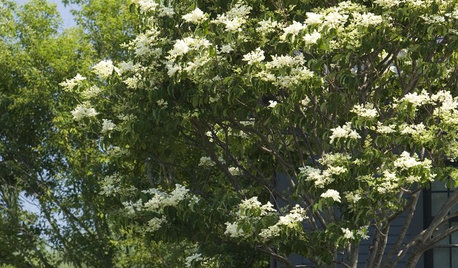
GARDENING GUIDESNo-Regret Plants: 5 Questions Smart Shoppers Ask
Quit wasting money and time at the garden center. This checklist will ensure that the plants you're eyeing will stick around in your yard
Full Story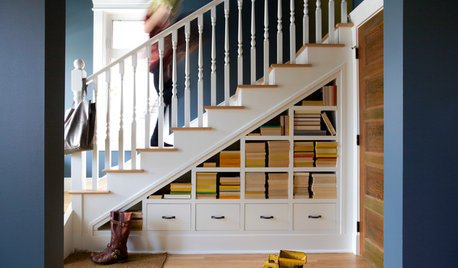
ORGANIZINGPre-Storage Checklist: 10 Questions to Ask Yourself Before You Store
Wait, stop. Do you really need to keep that item you’re about to put into storage?
Full Story
GARDENING GUIDESHow to Stop Worrying and Start Loving Clay Soil
Clay has many more benefits than you might imagine
Full Story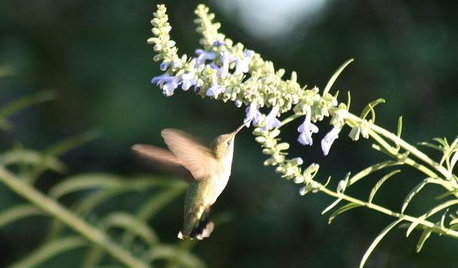
GARDENING FOR BUTTERFLIESA Quick-Start Guide to Bird-Watching for Fun and Learning
Set out some seed and grab your field guide. Bird-watching is an easy, entertaining and educational activity for the whole family
Full Story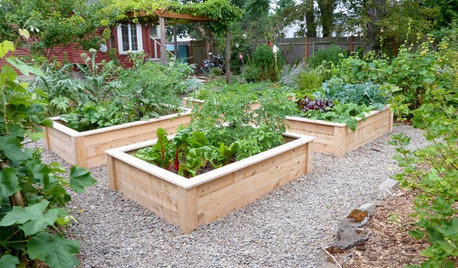
GARDENING GUIDES12 Tips to Help You Start an Edible Garden
Get on your way to growing your own vegetables with a raised bed or a few containers on the patio
Full Story
DECORATING GUIDESHow to Decorate When You're Starting Out or Starting Over
No need to feel overwhelmed. Our step-by-step decorating guide can help you put together a home look you'll love
Full Story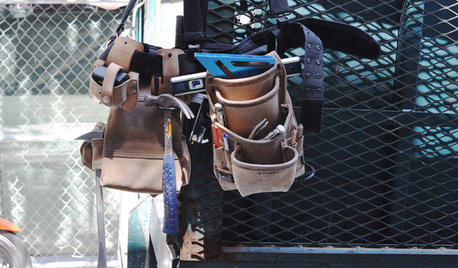
MOST POPULAR10 Things to Ask Your Contractor Before You Start Your Project
Ask these questions before signing with a contractor for better communication and fewer surprises along the way
Full Story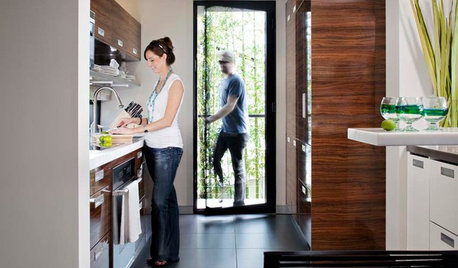
GREEN BUILDINGHow to Start Finding a Greener House
On the hunt for a more ecofriendly house? Here are the questions to ask and research to do
Full Story



lisanti07028
sunnyside1
Related Discussions
Want to start gardening but I have no experience!
Q
I have a composting question... :o)
Q
Want to start composting
Q
To Compost or To not compost...that is the question
Q
florauk
Kimmsr
TXEB
tishtoshnm Zone 6/NM
luckygal
Lynn-in-TX-Z8b- Austin Area/Hill CountryOriginal Author
TXEB
Kimmsr
florauk
toxcrusadr
Lynn-in-TX-Z8b- Austin Area/Hill CountryOriginal Author
TXEB
Lynn-in-TX-Z8b- Austin Area/Hill CountryOriginal Author
TXEB
barb333
Lynn-in-TX-Z8b- Austin Area/Hill CountryOriginal Author
Lynn-in-TX-Z8b- Austin Area/Hill CountryOriginal Author
TXEB
Lynn-in-TX-Z8b- Austin Area/Hill CountryOriginal Author
TXEB
lazy_gardens
luckygal
TXEB
Lynn-in-TX-Z8b- Austin Area/Hill CountryOriginal Author
Lynn-in-TX-Z8b- Austin Area/Hill CountryOriginal Author
Kimmsr
TXEB
toxcrusadr
Lynn-in-TX-Z8b- Austin Area/Hill CountryOriginal Author
TXEB
rev477
robertz6